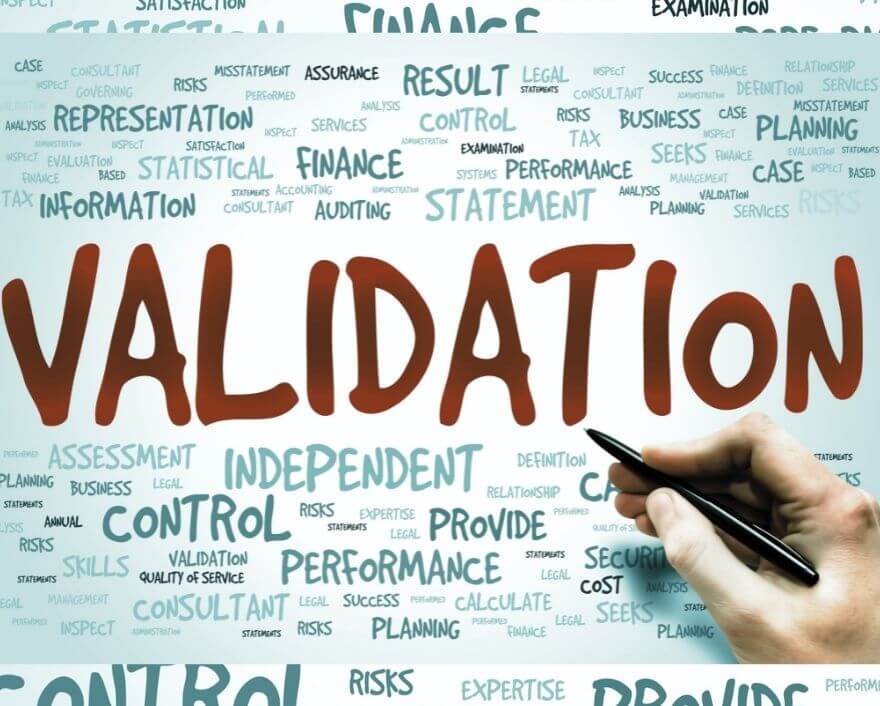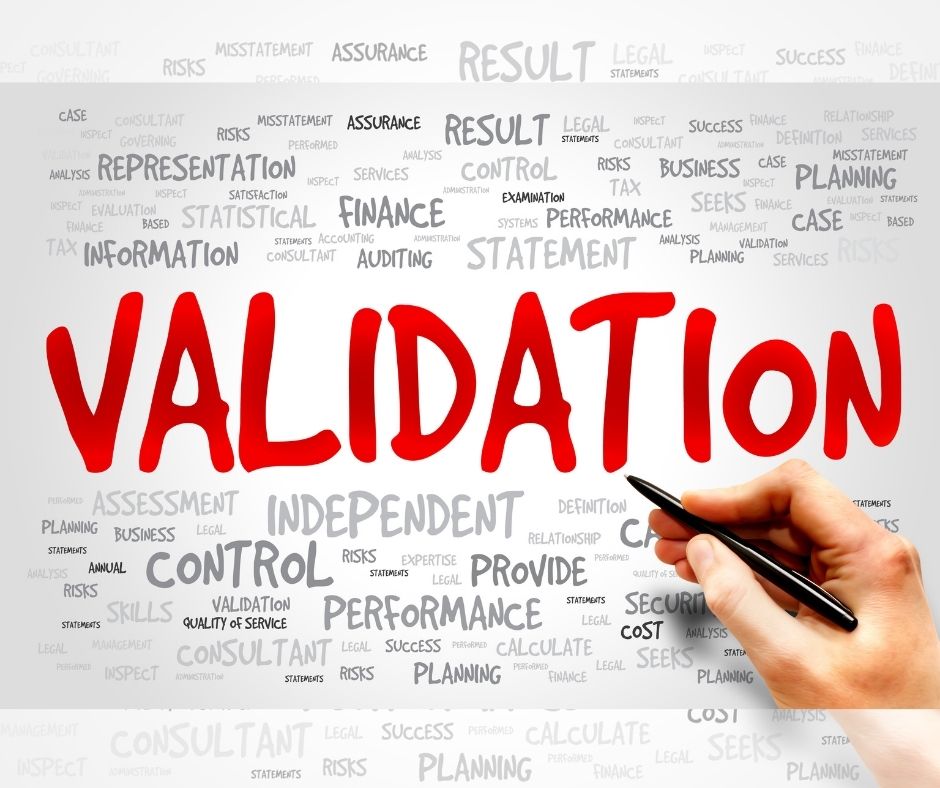Validating European Patent in Poland seems to be a fairly simple task. However, one should remember about a number of formal requirements that must be fulfilled in order to successfully validate a European Patent. The great majority of them is logical and obvious. On the other hand, they may appear some questions from the Polish Patent Office (PPO) which are surprising even for patent attorneys.
Obviously, the basis for starting validation process in Poland is obtaining a European Patent designating Poland as one of the countries where the proprietor wishes to have a legal protection. Without this one cannot move any further. The proprietor has three months to validate obtained European Patent since B1 publication, which informs about the grant of a patent. So far everything is clear and logical – if the proprietor misses the deadline for filing the validation, a patent will not be protected in the given country.
Polish text
The Polish Patent Office, therefore the Polish language. The first step of validation is preparing a translation of patent description into Polish. At a later stage this text will be published, so it is essential to remember to pay the official publication fee. The sum to be paid depends on the number of pages of the patent description. The good news is that one can always file a corrected translation, however this results with having to pay once again a full publication fee. The PPO does not send any office actions summoning to file a corrected translation.
Power of Attorney
Another, absolutely necessary element is the Power of Attorney (PoA) for patent attorney handling the case. Simple? It seems so, however… this point may be the beginning of a bumpy road.
It is advisable to file the PoA along with the validation. However, helpful may be also the possibility of filing the PoA after the validation date, together with a proper statement of the proprietor on having accepted the activities performed so far by the representing patent attorney.
Obviously the PoA document must be signed by the person authorized to execute such documents on behalf of the proprietor (with a clear indication of the person’s full name next to that person’s signature). The signatory’s position in the corporate structure must also appear next to the signature, e.g.: a CEO, President, an employee bearing responsibility for IP matters on behalf of the company, etc. If the PoA is signed by: an “authorized person”, CEO or a Manager, etc., this will not be sufficient for the PPO and the proprietor may be summoned to provide documents confirming the authorization of the signer of the PoA to act on behalf of the company in this scope. To anticipate this, we may ask the client beforehand whether the signatory is authorized to sign documents such as Power of Attorney on behalf of the proprietor. Having such confirmation from our client we may file a proper statement along with the validation, which may be regarded by the PPO as sufficient. If we fail to make such a statement, or do not file a document confirming the authorization of the signer, the PPO will send us an office action inviting us to remedy a formal deficiency within 2 months (or within 1 month if the proprietor is a Polish entity). This term can be extended only once by additional 2 months. If a party fails to file a Power of Attorney, this will be equal to not validating the patent at all.
Apart from the above mentioned requirements, there are still a few more details concerning the PoA which are essential for the PPO. One should obviously remember about inserting the date, and also the place of signature. If the date or place of signing is missing on the PoA, the PPO will send an office action to complete this information. Even if the date has been inserted, but the place of signing is missing, the PPO will still request its completion by indicating the name of a city or a town.
Yet another office action from the PPO may concern the use of lower or upper case letters in the name of the proprietor, if the proprietor is not a natural person. This question of the PPO is unexpected by the clients from abroad and it is frequently not understood. It mainly concerns a clarification whether the whole name of the proprietor should be written in CAPITAL letters, or whether it is only the Initial letter of the name which should be a capital letter, or optionally the whole name of the proprietor should be written in lower case letters, etc. A difference in this aspect of the proprietors name may appear between the spelling used in B1 publication and the spelling in the PoA used by a client. If possible, it is advisable to check the correct spelling before filing the validation and insert the appropriate statement clarifying the spelling issue in the application upon filing. On some occasions a client himself may not be aware of the correct spelling of his own name, or it may happen that a few variations of spelling are used interchangeably. In Poland, such information is available in the National Court Register (KRS), however not all countries have commercial or corporate registers.
Finally, the stamp of a signer affixed to the PoA should also be carefully checked. It has already happened that the signer’s address on the stamp was different from the address of the proprietor indicated on the PoA. Such discrepancy resulted in receiving an office action inviting us to clarify the difference.
Translation on a digital carrier (CD)
Along with filing the validation, one also has to remember about filing patent translation on a digital carrier (CD). It is useful for the PPO upon publication. If validation is filed through the online filing platform of the PPO, this issue will be irrelevant.
Fees
The fee for publication of the patent translation is payable to the account of the Polish Patent Office, so the PPO can easily find it. However, one should also remember that the validation must be filed along with a receipt confirming payment of fiscal fee for filing the PoA. The PPO is not able to check whether this fiscal fee has been paid, as it is not payable to the account of the PPO, but to the Tax Payer Center of the Capital City of Warsaw.
If a fee is not paid, the proprietor is summoned to make the missing payment. The same will occur if the fiscal fee payment receipt is not attached to the validation – the PPO will summon the proprietor to deliver it.
The situation is unclear when it comes to filing a substitution PoA. In such case one has to file a PoA granted by the proprietor to a particular patent attorney along with a substitution PoA for another attorney, by whom the case is practically handled. The standpoint of the PPO on this issue is not clear. If one fiscal fee is paid, the PPO may summon the proprietor to make another fiscal fee payment, since two powers of attorney are filed. However, the PPO’s practice is not unified and there are examiners, for whom one fiscal fee payment for a substitution Power of Attorney is considered satisfactory.
The proprietor’s change of address
On some occasions the proprietor may change his address after the publication of the European Patent, but before making validation. In such case, one needs a document confirming the change of address. It must include both former and current addresses. This document may be an extract from the National Court Register (KRS). However, as it has already been mentioned, not every country has such a register. Consequently, the PPO will also accept a statement signed by an authorized person on behalf of the proprietor, which has to be notarized. The statement and its notarization must be translated into Polish. If any document is missing, the proprietor will be summoned by the PPO to make the necessary completion. Applying for any change in the PPO’s register also requires payment of the relevant official fee.
Change of the proprietor
The change of the proprietor is analogous to the change of address. In such case, the PPO will require a document confirming the transfer of rights (such as assignment of rights). In order to change the proprietor in the PPO register, one needs a copy of the assignment of rights, which must be notarized as true to the original. It is very likely that the PPO will send another office action for providing evidence that the both signers of the document are duly authorized to act on behalf of the proprietors companies in this regard. If the assignment of rights has been signed by CEOs, the PPO’s receiving an office action is rather unlikely, but still possible.
If – in the course of preparing the validation – one remembers about all the above mentioned requirements, there is a good chance that one shall not receive any additional requests from the PPO. However, it cannot be taken for sure, as the Polish Patent Office has the right to request the provision of additional documents by the proprietor at any moment and at any stage of the proceedings, if they are found to be necessary. In some cases receiving a certain office action is predictable, as it is a consequence of having filed complete or incomplete documentation, of which the proprietor is aware. On the other hand, the PPO may be completely unpredictable in its requests, but fortunately such instances are relatively rare 😉

Olimpia Misztal is an assistant in Patent Department at Patpol. She supports patent attorneys by taking care of preparation of documentation, applications and letters which are necessary for national, international and European patent applications and validations. She is a graduate of the Faculty of Law and Administration at the Lazarski University in Warsaw.





